There many, many diets – from alkaline, keto, paleo, intermittent fasting and now clean eating. All of these diets promise to weight loss as well as becoming healthier at the same time. With new diets popping out every year or so, a question arises if clean eating is as effective and as healthy as its predecessors.
What is Clean Eating?
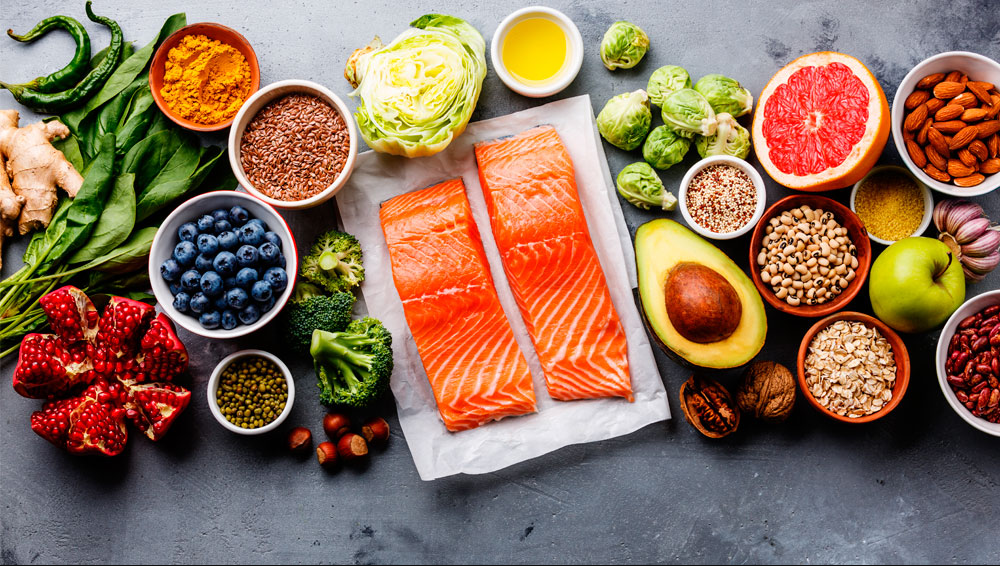
Clean-eating can be interpreted as a diet or eating pattern that consumes more whole and natural foods, such as vegetables and fruit, nuts, and healthy oils.
Clean-eating also means that we eat foods that are closest to natural, unprocessed, and non-manufactured packaged foods.
7 Tips for Clean Eating
- Vegetables

Look for ways to make us eat more vegetables. Indeed we don’t need to always only eat vegetables, but make sure the contents of your plate contain vegetables and other components that are healthy and balanced.
- Choose food ingredients that are transparent
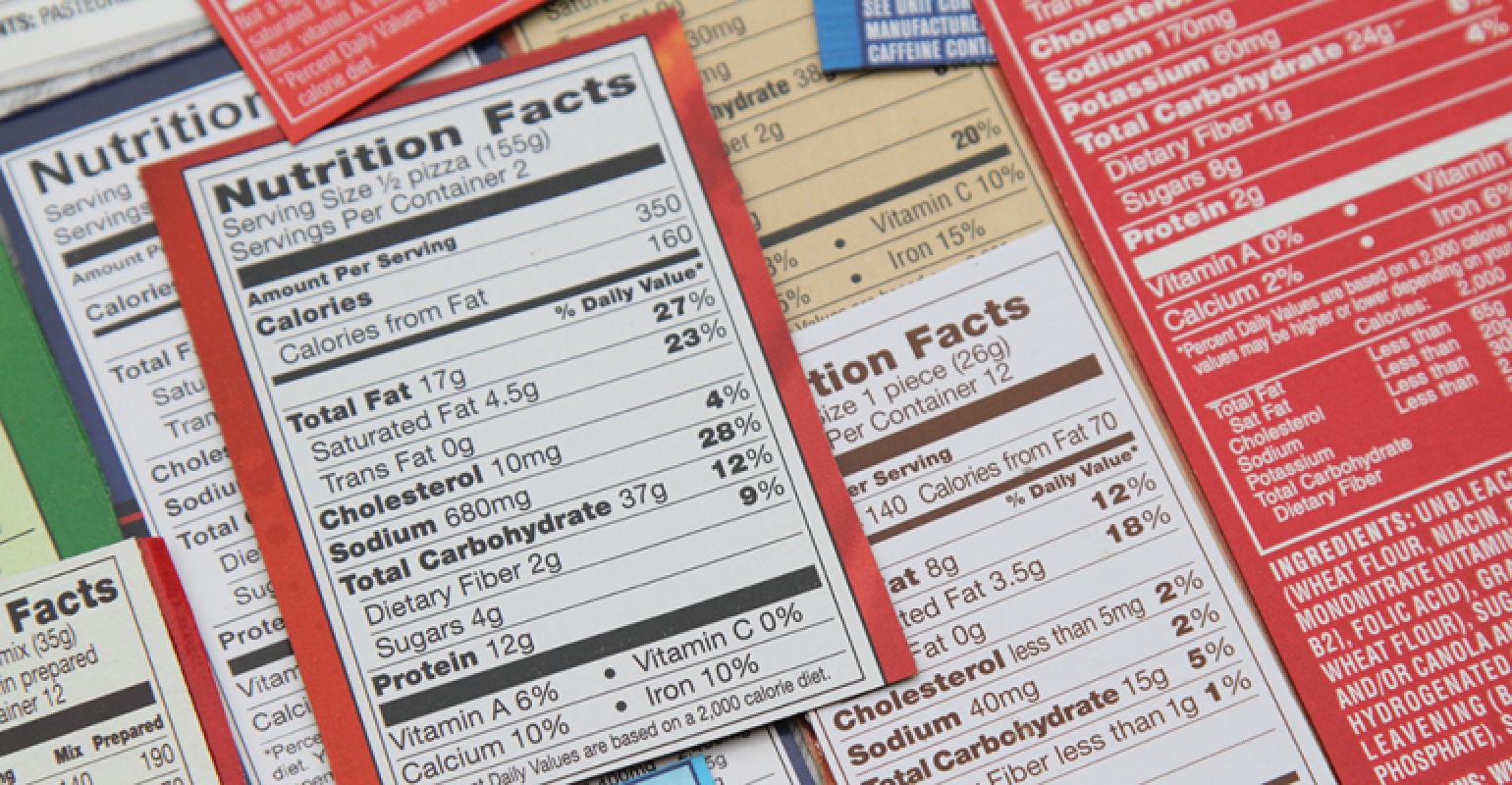
Choose foods that are transparent in their labels rather than a product that is labeled healthy but actually hides the unhealthy content. In other words, it’s better to choose products that do contain what it claims.
- Don’t believe the claims
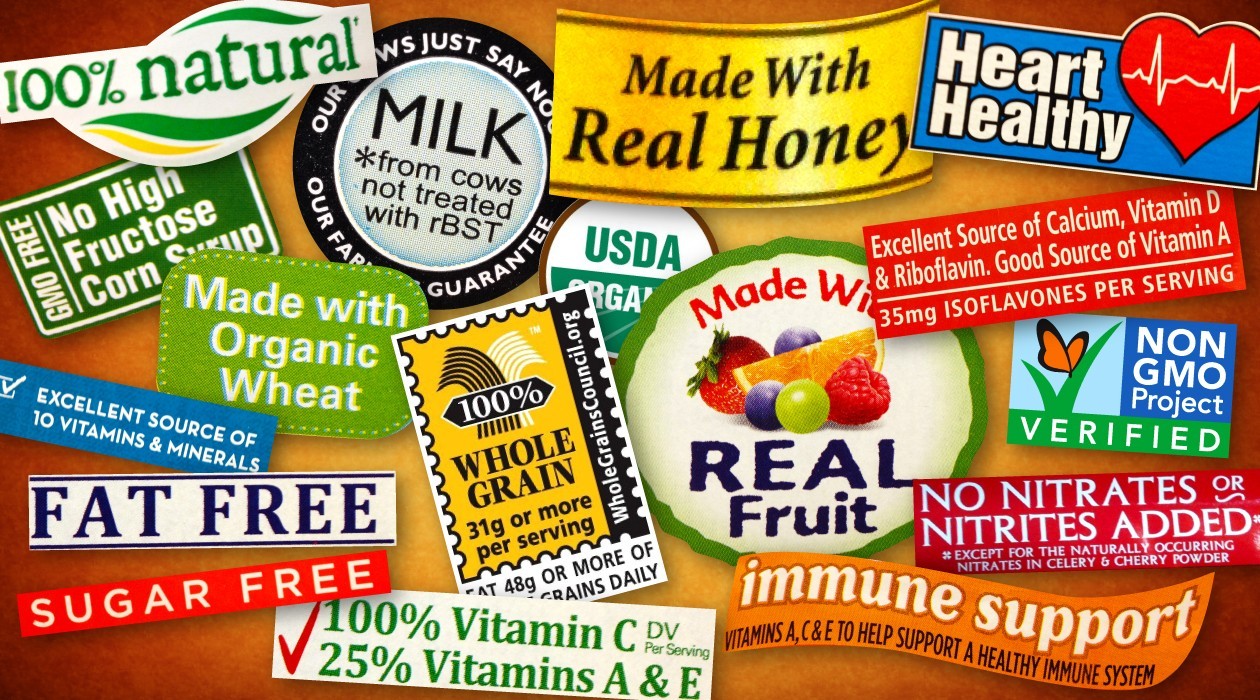
Food companies make a lot of money because they include a “healthy” label, even though it’s sometimes ridiculous. From the whole food we eat, we get complete nutrition. For instance, bananas are healthy not only because they contain potassium, but also fiber and various other vitamins. Therefore, don’t just buy products that claim to contain certain active ingredients.
- No need to be hostile to packaged foods
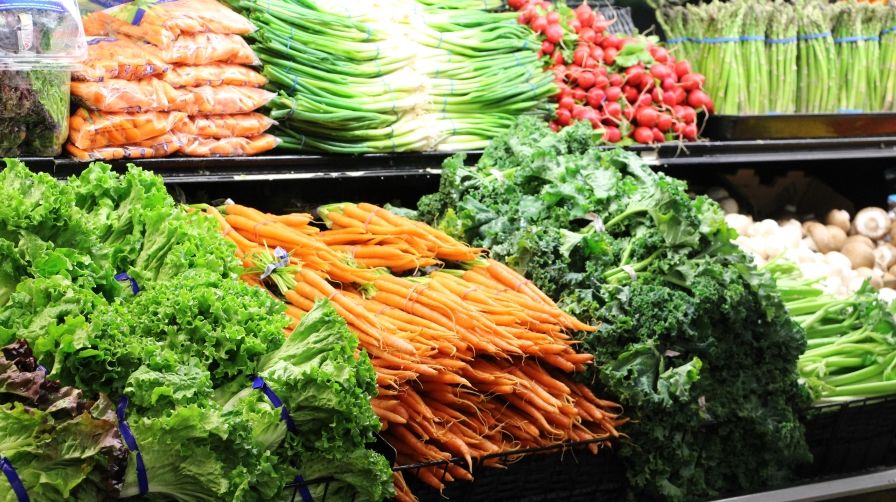
Indeed, we are not encouraged to eat packaged foods too often, but there are exceptions. Some products are healthier because it actually contains what the label says. For example, 100 percent whole-grain. Some types of fruit that only grow in certain seasons can also be enjoyed throughout the year because of good packaging technology.
- Diverse
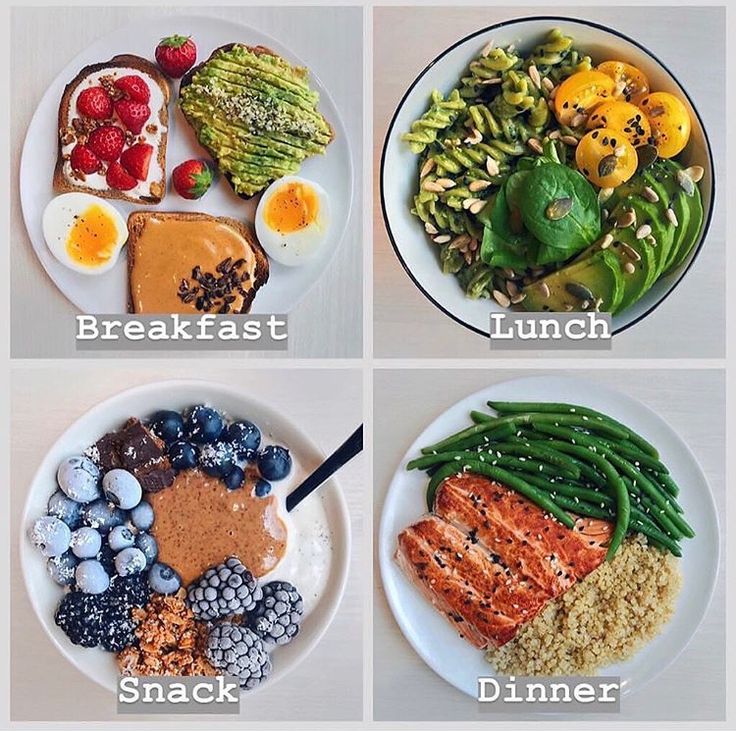
Food that is diverse and also gives a sense of happiness is part of a healthy lifestyle. The key is not to overdo it.
- Regulate portions and meal times.
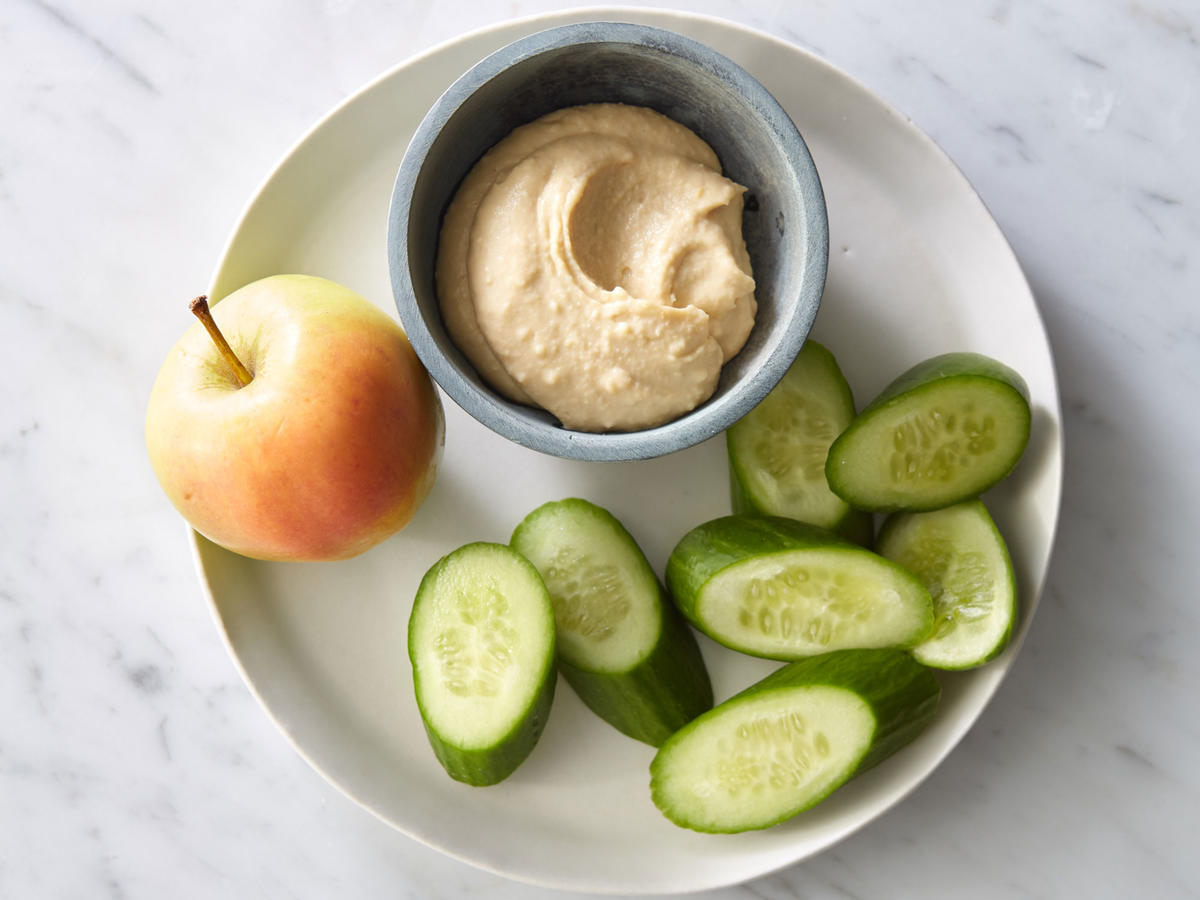
In the clean eating method, the time and portion of the meal will be divided into 6 small portions in one day. The goal is to prevent excessive hunger and facilitate the process of digestion of food in the body.
- Apply a healthy lifestyle
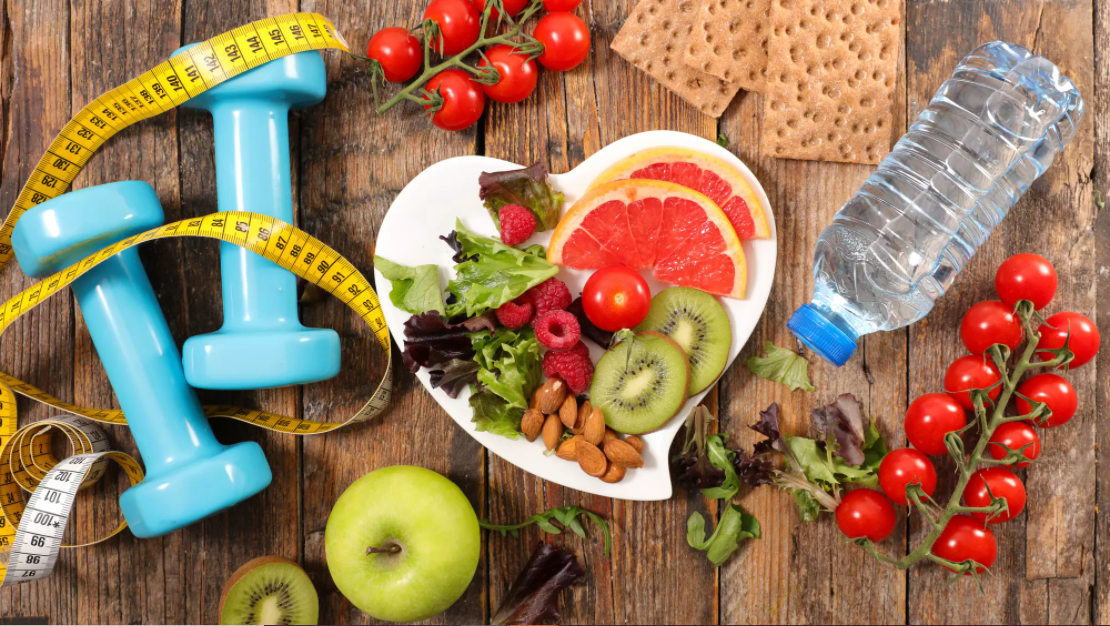
Apply other healthy lifestyles to support the implementation of clean eating. This includes drinking enough water (at least 8 glasses per day or as needed), getting enough sleep (7-8 hours for adults), exercising regularly, and managing stress.
Benefits of Clean Eating
- Boost Energy
Healthy foods (such as whole grains, vegetables, and fruits) will nourish the body, thus making you energized and more productive in carrying out daily activities. This is because these foods contain lots of vitamins and minerals that are important for optimizing the performance of the body’s organs. Clean eating can also regulate blood sugar (glucose) levels, thereby preventing fatigue due to increased glucose after consuming carbohydrates.
- Improve Cardiovascular Health
A clean eating pattern is believed to improve cardiovascular health, thereby reducing the risk of cardiovascular disease (such as stroke, hypertension, and heart disease). This is because the vitamin content in fruit (especially vitamin C) can help strengthen blood vessels. The content of good fats (high density lipoprotein / HDL) such as those found in nuts, avocados, and olive oil can also prevent the increase in levels of bad cholesterol (low density lipoprotein / LDL) in the body, thereby reducing the risk of cardiovascular disease.
- Prevents Cancer
A study states that high-fat and fried foods can increase the risk of cancer. That’s why you are encouraged to eat healthy foods to prevent cancer, one of which is by implementing clean eating. Because, this “clean” diet (such as vegetables and fruits) can increase the intake of phytonutrients (chemicals produced by plants) and antioxidants that can prevent cancer growth.
- Improve Mental Health
A “clean” diet is not only good for improving physical health, but also mental health. This is because the intake of vitamin B6 obtained from healthy foods can stimulate the production of dopamine, a hormone that can create feelings of happiness.






